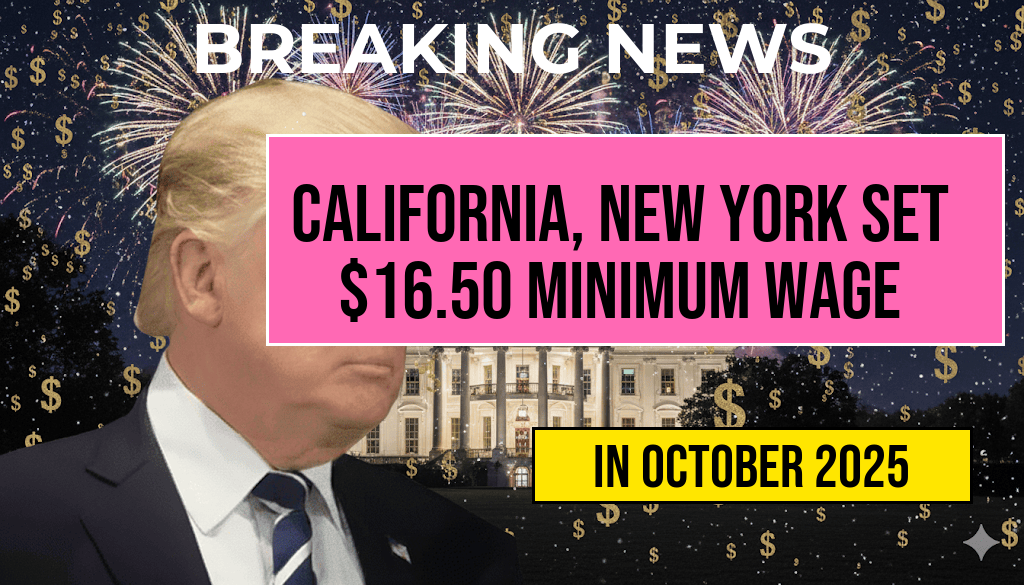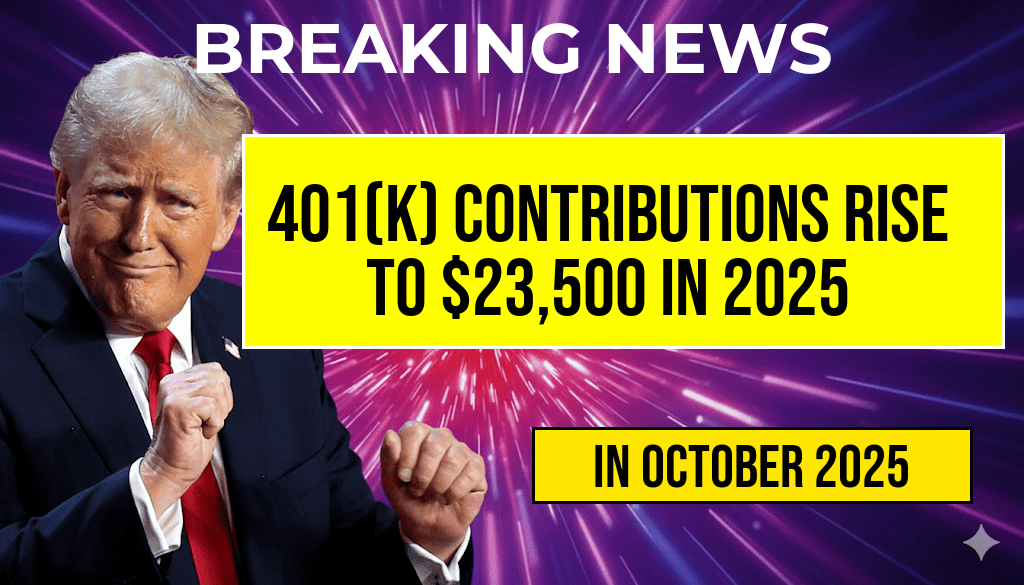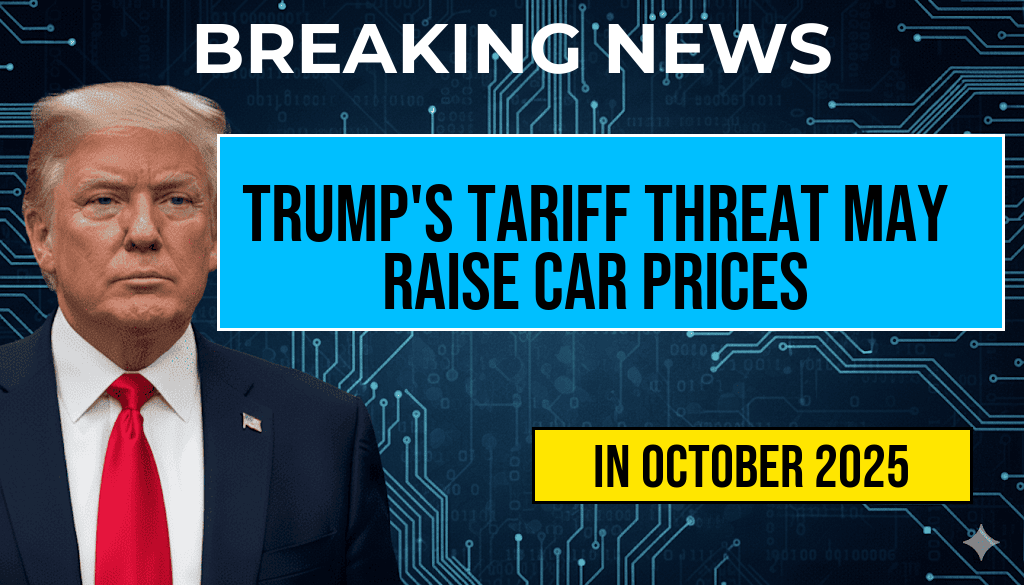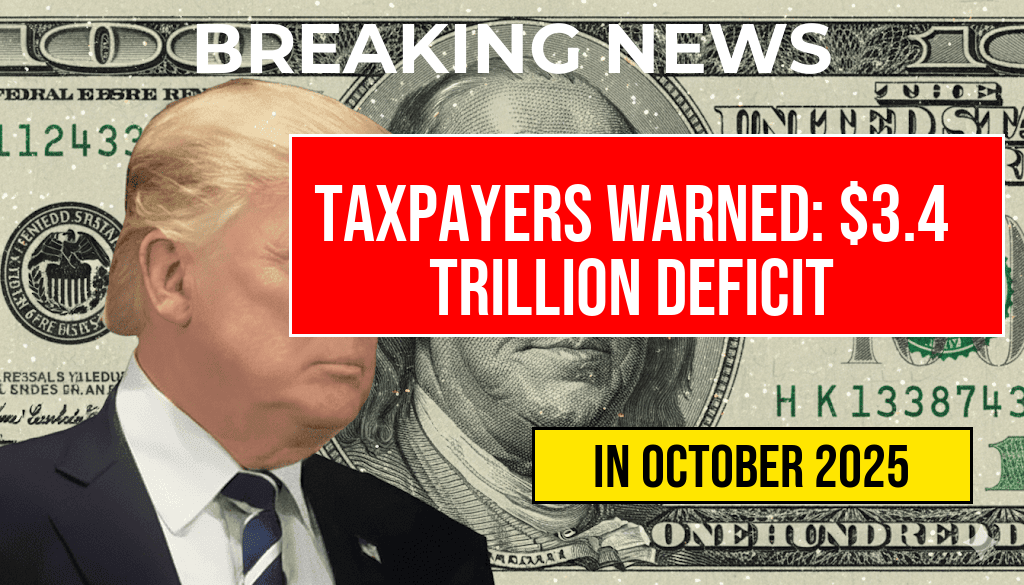Taxpayers across the United States are bracing for significant fiscal changes as a new economic package, dubbed the “One Big Beautiful Bill,” is projected to increase the national deficit by a staggering $3.4 trillion over the next decade. This proposed legislation, which aims to address various infrastructure, social welfare, and climate initiatives, has sparked debate among policymakers and citizens alike regarding its potential impact on the economy and future generations. As discussions continue in Congress, many are questioning the long-term implications of such a substantial financial commitment.
Understanding the “One Big Beautiful Bill”
The “One Big Beautiful Bill” encompasses a range of spending proposals aimed at revitalizing the American economy. Key components of the legislation include:
- Infrastructure Investments: Substantial funding is allocated for repairing and modernizing transportation networks, bridges, and public transit systems.
- Climate Initiatives: Investments in renewable energy sources and technologies are designed to cut down carbon emissions and promote sustainability.
- Social Welfare Programs: Increased funding for healthcare, education, and social safety nets to support vulnerable populations.
Supporters of the bill argue that these investments are crucial for long-term economic growth and job creation. However, critics warn that the projected deficit increase could have dire consequences for the nation’s fiscal health.
Projected Economic Impact
The Congressional Budget Office (CBO) has released projections indicating that the passage of this bill could lead to a significant increase in the federal deficit. The anticipated $3.4 trillion increase raises concerns about inflation and the burden on future taxpayers. Critics argue that such a substantial deficit could limit the government’s ability to respond to future economic crises and increase national debt levels, which may lead to higher interest rates and reduced public investment.
Supporters’ Perspective
Proponents of the bill emphasize the necessity of these investments to drive economic recovery and address pressing societal challenges. They contend that:
- Job Creation: Infrastructure projects could create millions of jobs in construction and related fields.
- Long-Term Savings: Investments in renewable energy may lead to lower energy costs and reduced health care expenses related to pollution.
- Global Competitiveness: Modernizing infrastructure is deemed essential for maintaining the United States’ competitive edge in the global market.
Opposition Concerns
Opponents of the legislation express fears about the long-term financial stability of the nation. Key concerns include:
- Rising National Debt: Critics warn that increasing the deficit could lead to unsustainable debt levels, impacting future generations.
- Inflation Risks: Injecting such a large sum into the economy might exacerbate existing inflationary pressures.
- Taxpayer Burden: The financial responsibility for this bill could fall heavily on taxpayers through future tax increases.
Implications for Taxpayers
As the legislative process unfolds, taxpayers are left questioning how the “One Big Beautiful Bill” will directly affect their financial obligations. Lawmakers have indicated that various funding mechanisms, including potential tax increases for the wealthiest Americans and corporations, may be necessary to offset the costs of the bill. The debate continues as to whether these measures will be sufficient to mitigate the projected deficit increase.
What Lies Ahead
With the bill currently under consideration, the coming weeks will be critical in determining its fate. Economists and analysts are closely monitoring the situation, as any shifts in the legislative landscape could have lasting ramifications for the economy and taxpayers. As discussions progress, citizens are encouraged to stay informed and engage with their representatives to voice their concerns and opinions on this pivotal legislation.
| Year | Projected Deficit Increase (in Trillions) |
|---|---|
| 2024 | 0.4 |
| 2025 | 0.5 |
| 2026 | 0.6 |
| 2027 | 0.7 |
| 2028 | 0.8 |
| 2029 | 0.9 |
| 2030 | 1.0 |
For more detailed information about the economic implications of this legislation, visit [Forbes](https://www.forbes.com) and [Wikipedia](https://en.wikipedia.org/wiki/Federal_deficit).
Frequently Asked Questions
What is the “One Big Beautiful Bill”?
The “One Big Beautiful Bill” refers to recent legislation that aims to address various economic issues but is projected to increase the deficit by $3.4 trillion.
How will this bill affect taxpayers?
This bill is expected to impact taxpayers significantly, as the increase in the deficit could lead to higher taxes or reduced public services in the future.
What are the main components of the bill?
The bill includes provisions related to infrastructure, healthcare, and education, among other areas, aiming to stimulate the economy but raising concerns about long-term fiscal responsibility.
Why is the deficit increase concerning?
The projected $3.4 trillion increase in the deficit raises alarms about the nation’s financial stability and could lead to higher interest rates and inflation in the long run.
What can taxpayers do to prepare for the potential impacts of the bill?
Taxpayers should stay informed about the bill’s developments, consider adjusting their financial plans, and consult with a tax professional to understand how they might be affected.











